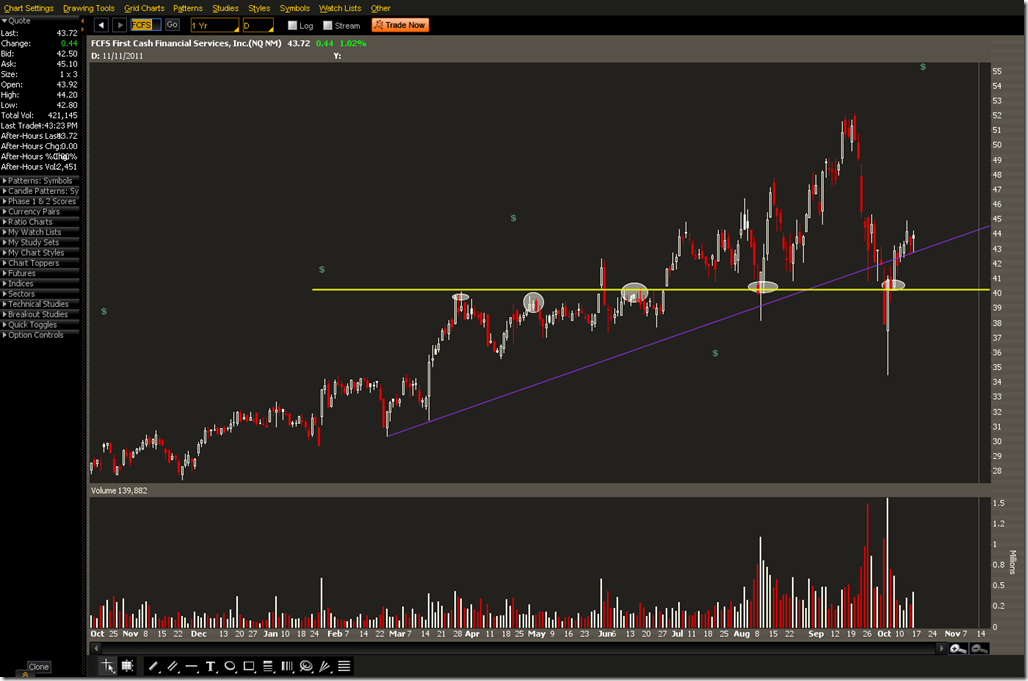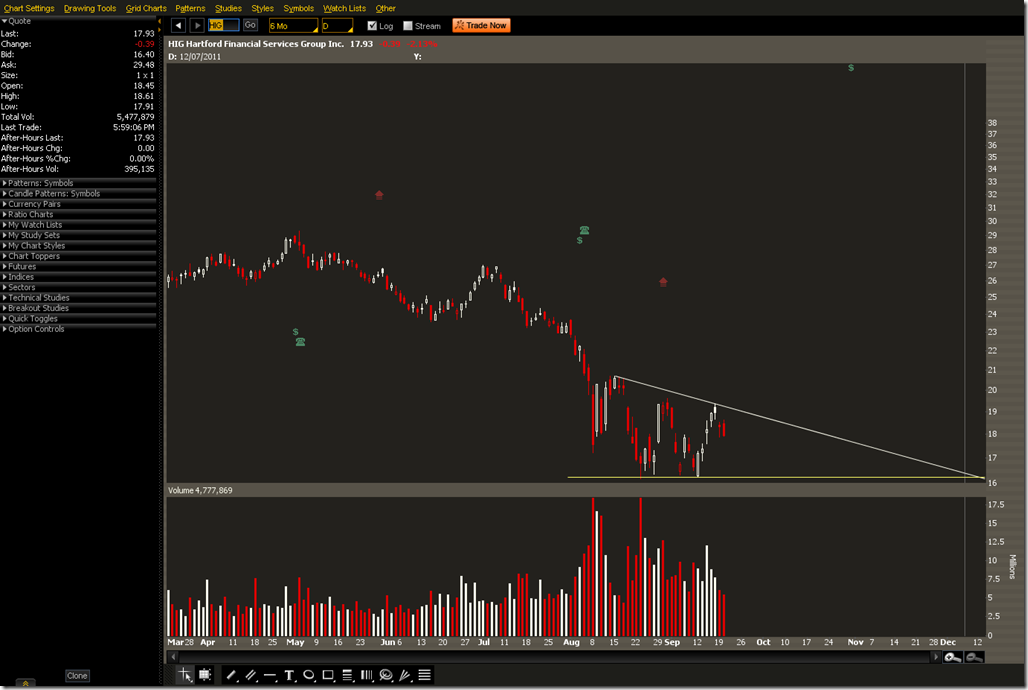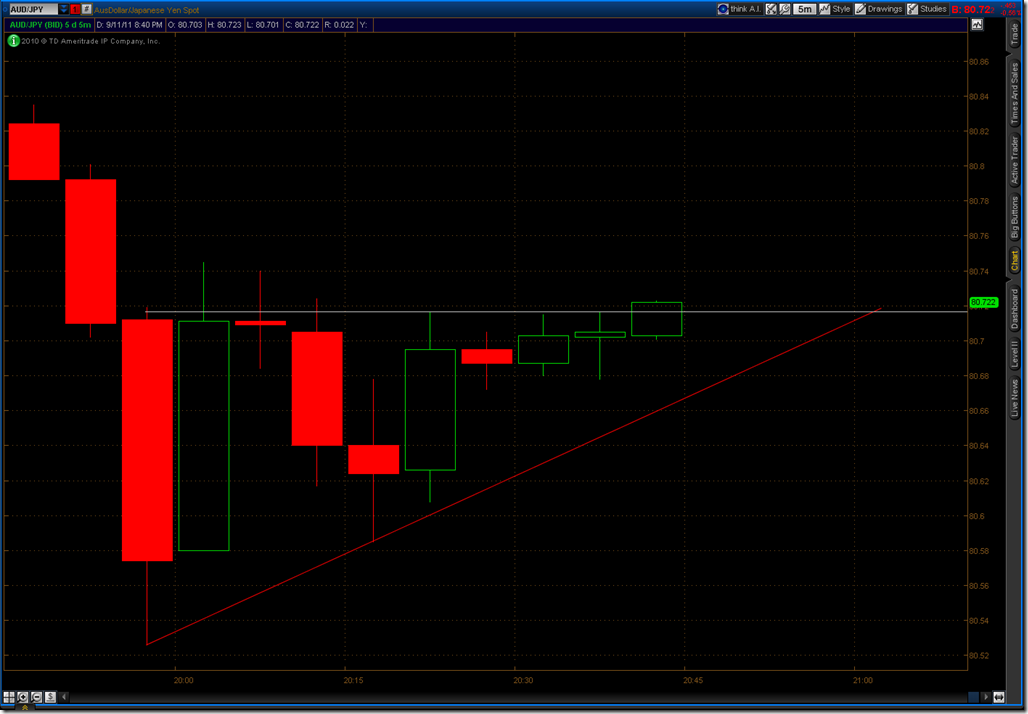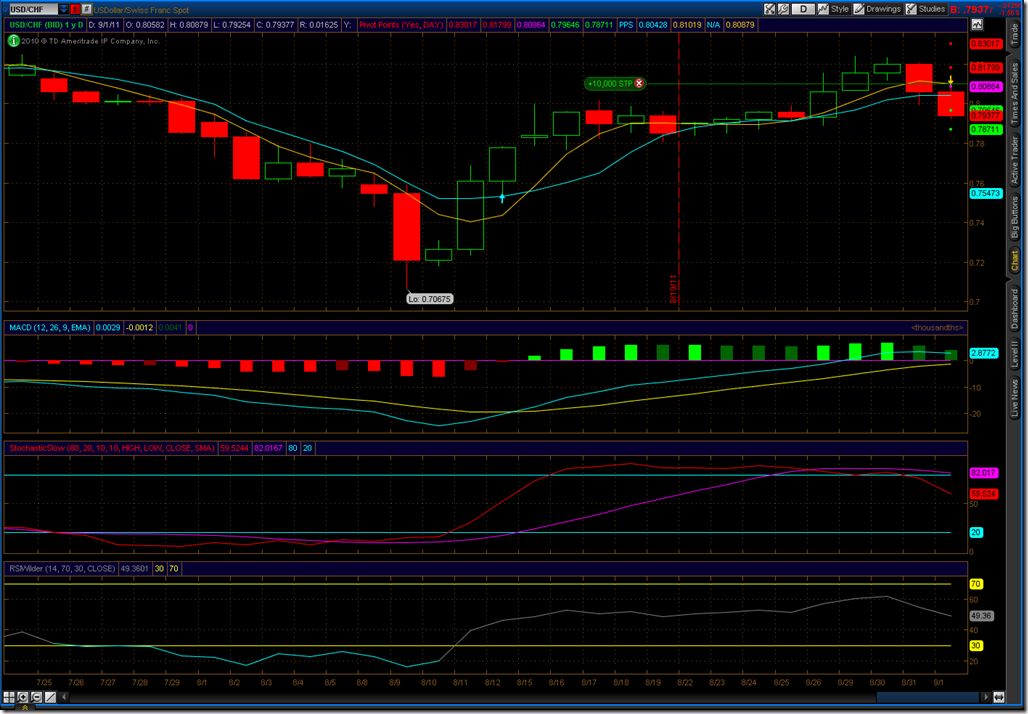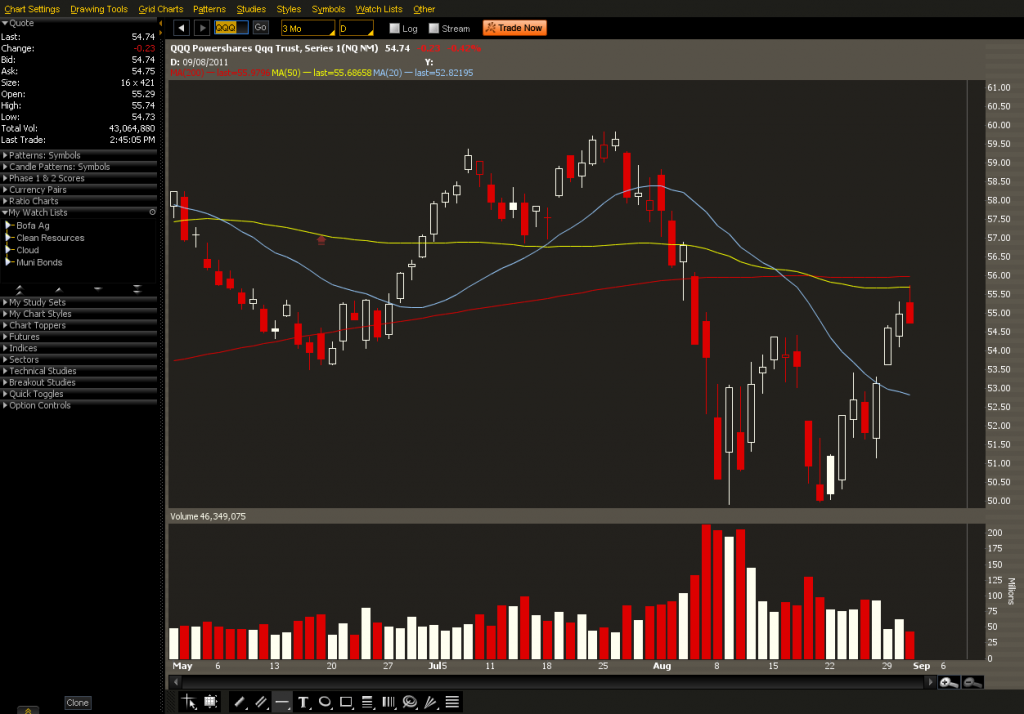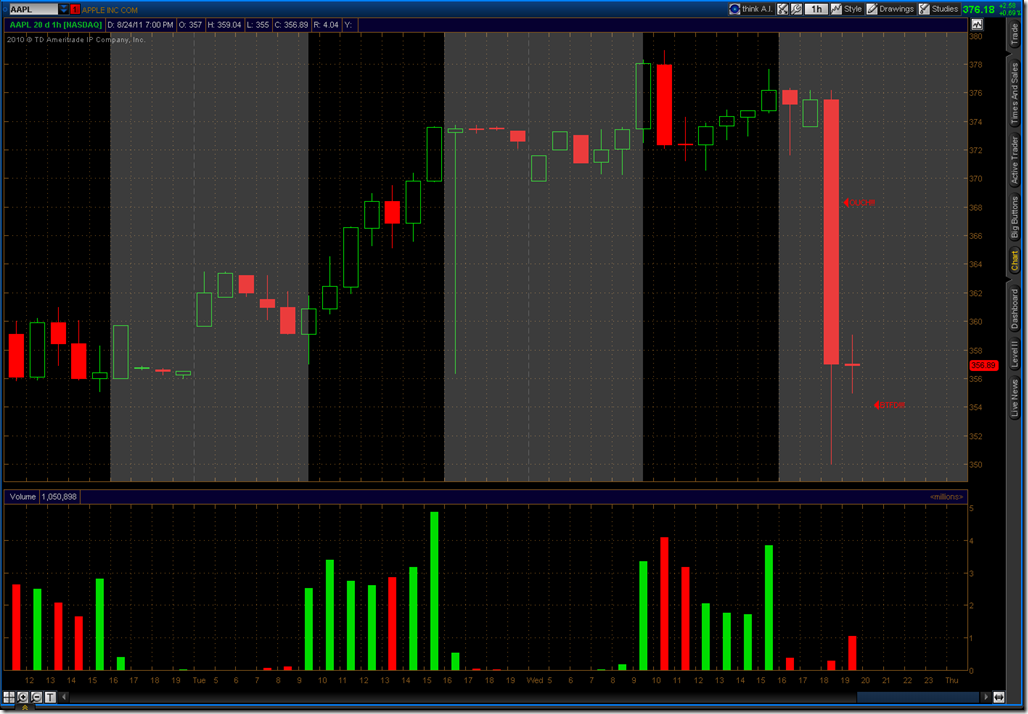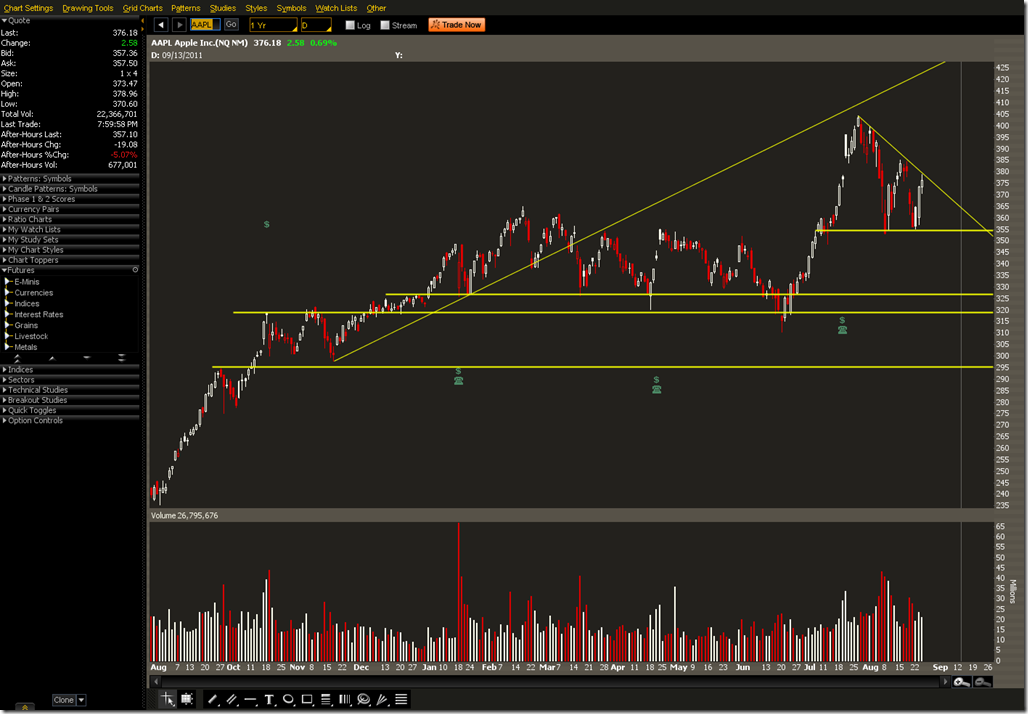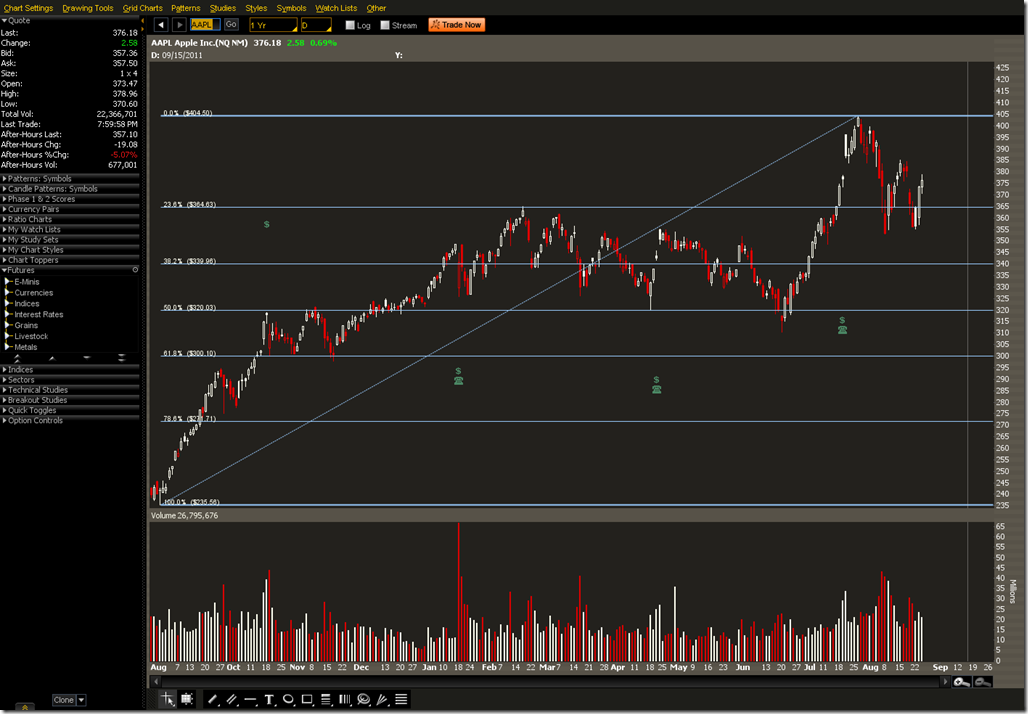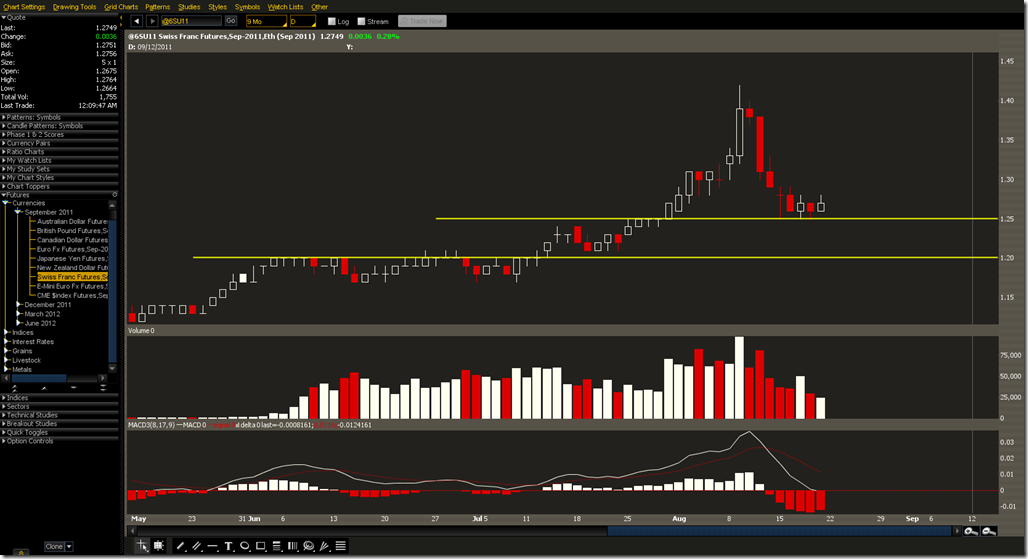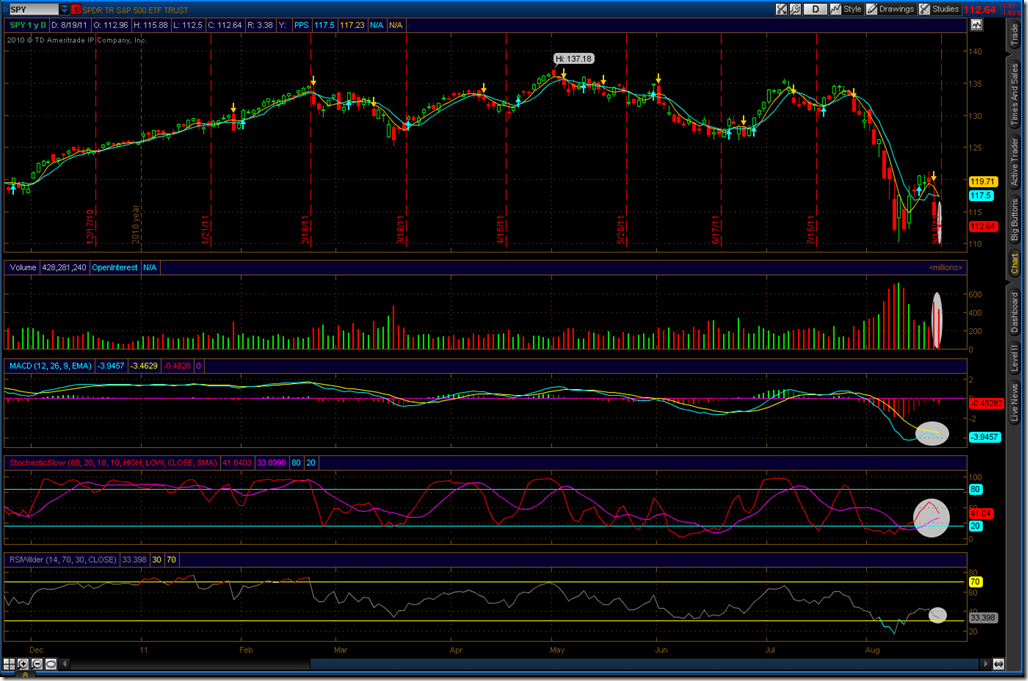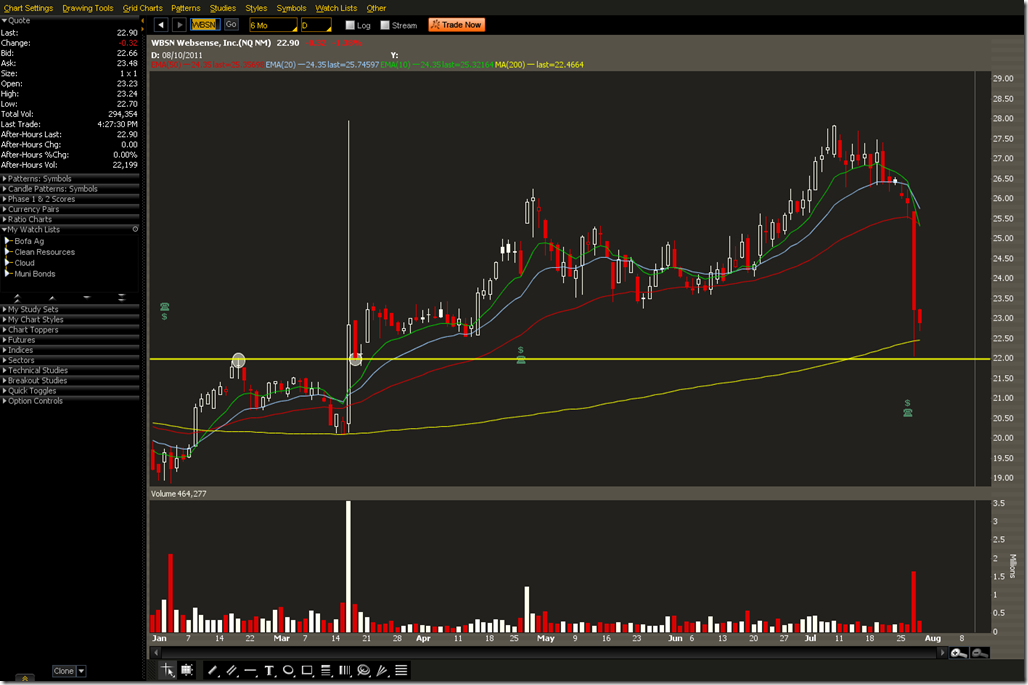In a recent release from the Court of Justice of the European Union has ruled that the author of software can not prevent the resale of that software on the used market. The case involves UsedSoft who sells used software licenses. Consumers of these licenses then download the software from the creator’s website. Oracle ($ORCL) had sought to block this practice. The court has ruled that a copyright holder who sells in the EU loses the right to oppose the resale of the intellectual property. The ruling applies to both physical copies and to downloaded copies of the software. It also nullifies any language in the license agreement binding the purchaser to not resell the software. It also entitles the purchaser to updates and patches for an unlimited period. If the creator updates the software, the license holder is has the right to obtain those updates even if the maintenance agreement is for a limited period.
This has some interesting business implications in the EU. Companies can now buy used software at a fraction of the cost of going to the creator. UsedSoft is only selling the license. Malware should not be an issue since the license holder is entitled to downloads of the most recent version from the software vendor’s website. This new ruling can benefit companies of all sizes who have an office in the EU. Open Source solutions are useful in some circumstances, but an ERP system will most likely be a commercial purchase due to capabilities and workforce experience with a particular platform. Another interesting implication is for multi-national companies to consider running their IT operation out of their European subsidiaries. Since a legal entity in the EU would be making the purchases of used licenses they would fall under the coverage of this ruling. Offices outside the EU could “outsource” their IT needs to the European subsidiary. The accountants and attorneys would need to determine the best structure for that business. It is unlikely that a company would open a European subsidiary for the sole purpose of taking advantage of used software licensing; however, if a European office is in your company’s future, software will be much cheaper in Europe.
From an investment perspective, this may somewhat disruptive and will push companies to pursue a SaaS model if revenues from new boxed/downloaded software begin to decline. If legislation in other countries allows for this it could be very bad for traditional software sales. Entrepreneurs should take note if there is legislation in your country that has a possibility of passing. Setting up a used software business could be quite lucrative like the used CD/DVD business was, but in this case electronic distribution is covered as well so it should have even better longevity.
